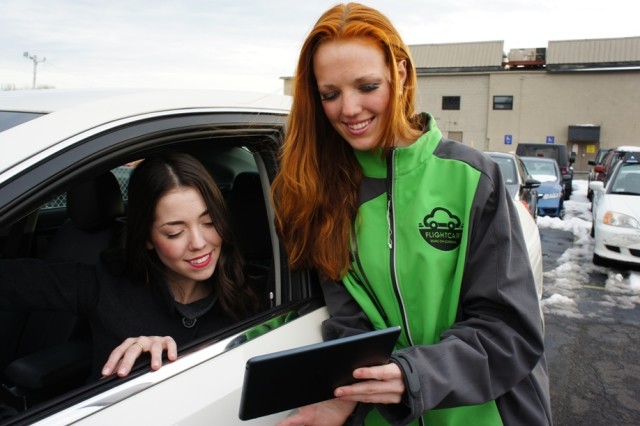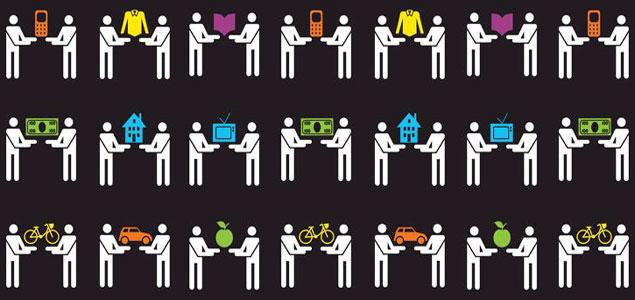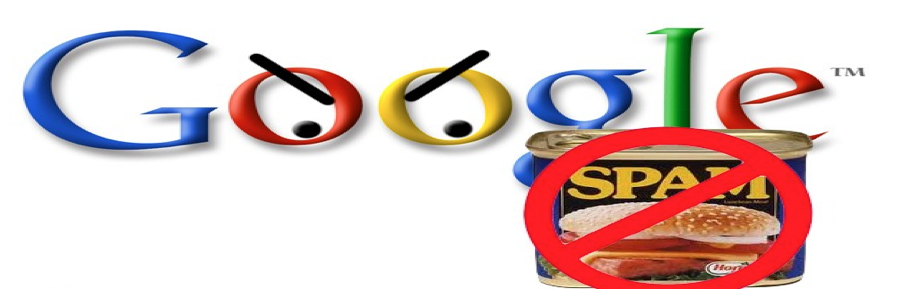Like it or not, the sharing craze is well becoming a bit crazy. It seems that everyday my newsfeed is filled with something new in this niche. Uber Eats, Airbnb in Cuba, even Snoop Dog and Uber for Weed?
“Whatever your organization looks like today, the sharing economy is too big an opportunity to miss – or too big a risk not to mitigate,” professional services giant PricewaterhouseCoopers (PwC) said in a report released today. “It may sound grim, but if your business can’t figure out how to disrupt itself, someone else out there will do it for you.”
We are a generation of immediate gratification. The sharing economy is now found a way to play right into that need by giving us access to all the things or services that we want right now instead of us having to wait to own them. If you can rent a Lamborghini, do you really need to own one?
Of the 44% of US consumers that are aware of this new sharing craze the majority thing that sharing makes life more convenient, less expensive, builds community, is more sustainable than traditional ownership models, and is more fun according to the PwC survey.
According to the report, the recession has permanently changed consumer behavior, leaving behind an appreciation of a more minimalist lifestyle. They also have become a DIY kind of group, taking a little control back from big box corporations.
Airbnb is a perfect example. In 2007 Brian Chesky and Joe Gebbia created the initial concept called Air Bed & Breakfast during the Industrial Design Conference. At the time the two couldn’t afford to pay their own city loft rent, so they made their living room into a b&b accommodating guests of the conference on air mattresses. In 2008 a recent Harvard graduate and technical architect joined the team and took the concept to the web making it into what it is today.
Even if you are still creeped out to stay in some stranger’s spare bedroom when you travel, it would still be a good marketing move to incorporated the sharing economy into your business image.
How do you incorporate the sharing craze into your business?
1. Start thinking more on the lines of a service than just a company.
Go back to the 80’s and 90’s Video Rental store concept. Yes, think Blockbuster but with a mellinia twist – Redbox, Netflix, etc. Develop a long term relationship with your consumers by getting products that they want in their hands quickly, instantly in most cases. No, this isn’t a new concept but some of us seem to have forgotten it and it’s value in the marketplace.
Some examples:
- Rent the Runway, Bag Borrow or Steal, and Gwynnie Bee all allow women to rent designer clothing and handbags from a simple app on their phone (or web).
- oDesk provides all of us solopreneurs with virtual employees on demand.
- Fiverr provides well … almost everything!
2. Foster Trust
We all know it’s more often than not difficult to build trust with customers via an online platform. Positive online reviews and ratings are crucial for gaining consumer trust and generating leads. The lack of transparency is everything in the peer to peer world. You want a good buzz around you, not stinging wasps of bad reviews and disgruntled customers.

Image: FlightCar
A good example of this trust is FlightCar, a sharing marketplace that allows vehicle owners who park at the airport to rent out their vehicle to other travelers. They have $1 million in liability insurance for the owners of the cars rented through its platform to protect them from any damages that might occur while their car is being rented.
3. Keep payments simple
A hassle-free payment process is critical to the success of any sharing economy business. According to Cameron Doody, the co-founder and chairman of Bellhops a moving service that contracts students via reputable student organizations to help with in town small moves, “It’s all about automation, so you’re going to want to streamline it as much as possible. ” Doody goes on to note that Bellhops does not accept cash. “If we were to take cash, how would we handle that cash, and how would we get it back to the company? All of that paperwork can be mitigated through technology today.”

Image: Bellhop
The entire process is paperless and automated. The customers book their move with a small deposit on their credit card, the Bellhop(s) arrive and clock in and out via their smartphone. Immediately after the customer receives an email or text itemizing the charges. Anything over and above the initial deposit is then automatically charged to the card on file. Simple, effortless, and speedy.
How will you integrate the above sharing economy ways of doing business into your existing business platform?




